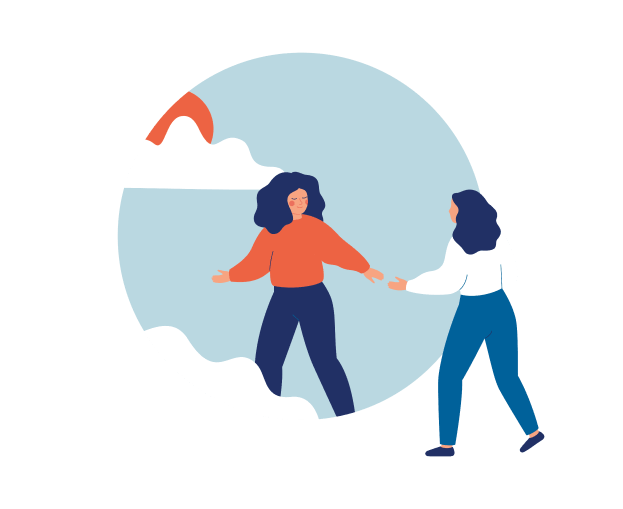By Rachel Rutkie, PsyD, psychologist at SokyaHealth The writer Toni Morrison is not alone in her assertion that race in the United States, the constructs of White and Black in particular, was created to establish a sense of belonging and communion between light-skinned, European immigrants during a fearful time when they had left their homelands […]

